Abstract Menu Comments
Formatting
Heading - The abstract heading should be in non-bold regular font. It is not considered in the levels of headings for the paper (Figure 2.1, p. 41).
No Indent - The abstract is left justified and should not have an indentation (Chapter 2, 2.04, p. 27) (Figure 2.1, p. 41).
Length - Abstracts are typically between 150 and 250 words (Chapter 2, 2.04, p. 27) (Figure 2.1, p. 41).
Citations - An abstract rarely contains citations (Chapter 2, 2.04, p. 26).
Numbers - When writing in the abstract numerals should always be expressed numerically (e.g., 15) (Chapter 4, 4.31, p. 111).
Content Requirements for Types of Abstracts
Experimental (Content) - The abstract should contain a statement of the particular research issue and a description of the participants/subjects. Also included in the abstract: special information regarding methodology, the basic findings from the results section, and concluding statements or inferences regarding the results (Chapter 2, 2.04, p. 26) (Figure 2.1, p. 41).
Theoretical (Content) - The abstract for a theoretical paper should describe the theoretical elements, the related empirical results related to those elements, and any suggested modifications to the theory based on new or related literature (Chapter 2, 2.04, p. 27).
Critique (Content) - The abstract for the critique should include a description of the article or book under examination, a summary of the strengths and weaknesses of the work, and the implications of the work relative to the literature and future directions.
Proposal (Content) - If required for an assignment, the abstract of a proposal should include a statement of the particular research issue and a description of the participants/subjects, any special information regarding methodology, and the implications of the proposed research relative to future research.
Meta-Analysis (Content) - The abstract for a meta-analysis should include the focus of the study, the criteria for inclusion in the analysis (e.g., participants of included studies), and a description of the results, conclusions, and implications (Chapter 2, 2.04, p. 27).
Literature Review (Content) - The abstract for a literature review should include the focus of the study, the criteria for inclusion in the analysis (e.g., participants of included studies), and a description of the results, conclusions, and implications for future research and practice (Chapter 2, 2.04, p. 27).
Case Study (Content) - The abstract for a case study should include a description of the case unit (e.g., person, class, or school), how the case illustrates value, and the implications for future research and theory (Chapter 2, 2.04, p. 27).
Methodological (Content) - The abstract for a methodological study should include a description of the method, potential application for the method, and the statistical procedures that can be used with the method (Chapter 2, 2.04, p. 27).
Positive
Nice Abstract - Really nicely done abstract!

